
Mental Health is not Separate from Women’s Health.
Hormones, life stages, identity shifts—it’s all connected. At Paloma Care, we offer integrated support for your mind and body that’s compassionate, clinically grounded, and personalised for every phase of your life.
What is Mental Health?
Mental health is your emotional, psychological and social well-being.
It affects how you think, feel, and act—and is especially influenced by hormonal changes throughout a woman’s life.
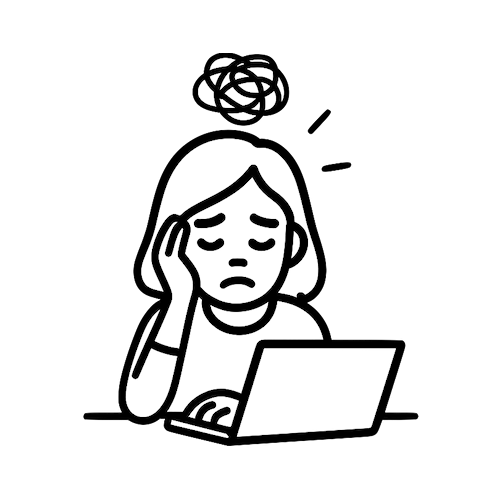
Difficulty Concentrating
Trouble focusing may be linked to stress or hormonal changes.

Irregular Periods or Missed Cycles
Hormonal imbalance can disrupt cycles, making them unpredictable or absent.
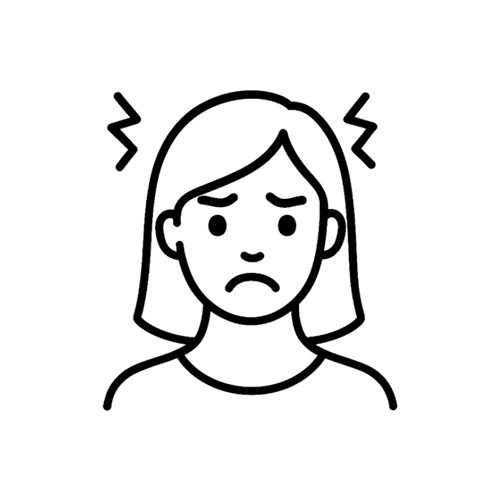
Fatigue and Low Energy
Constant tiredness can signal more than just a busy lifestyle.

Unexplained Weight Gain or Resistance to Weight Loss
PCOS can affect metabolism, making weight harder to manage.
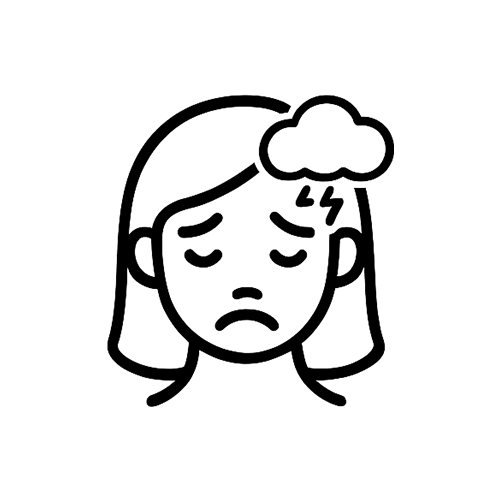
Worry or Anxiety
Ongoing worry may point to emotional or hormonal imbalances.

Acne or Oily Skin That Doesn’t Respond to Products
Elevated androgens often trigger stubborn skin concerns.
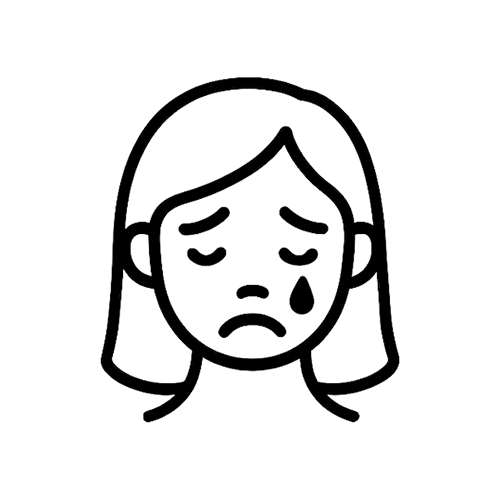
Lack of Motivation
Losing drive or interest could reflect underlying mental health needs.

Thinning Hair or Hair Loss (Especially at the Crown)
Hormonal shifts can cause hair to weaken and lead to noticeable loss.

Insomnia
Difficulty sleeping often hints at stress, anxiety, or hormonal shifts.
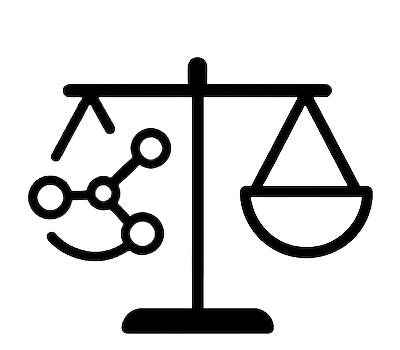
Unwanted Facial Hair Growth (Hirsutism)
Unwanted hair on the face or body is a common PCOS symptom.
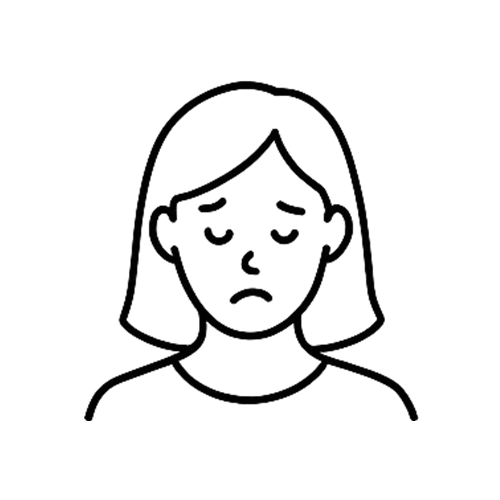
Lasting Sadness/Irritability
Long-lasting mood changes may indicate depression or burnout.

Mood Swings, Anxiety, or Low Energy
PCOS affects more than hormones; it can impact emotional well-being too.

Difficulty concentrating
Trouble focusing may be linked to stress or hormonal changes.

Fatigue and low energy
Constant tiredness can signal more than just a busy lifestyle.

Worry or anxiety
Ongoing worry may point to emotional or hormonal imbalances.

Lack of motivation
Losing drive or interest could reflect underlying mental health needs.

Insomnia
Difficulty sleeping often hints at stress, anxiety, or hormonal shifts.

Lasting Sadness/Irritability
Long-lasting mood changes may indicate depression or burnout.
Why Early Intervention Matters
Left unaddressed, mental health concerns not only deepen emotional distress but can create a vicious cycle where worsening personal stability further undermines mental health. Seeking early support from counselling, peer groups, or your healthcare provider can help break this cycle and restore balance.

Work & Focus
Struggles with concentration or performance can make even simple tasks feel daunting.

Relationships
Emotional distance, irritability, or withdrawal can affect how you connect with others.

Self-Worth
A harsh inner critic or persistent low mood can erode your confidence and resilience.

Sleep & Recovery
Disrupted rest patterns reduce your ability to rejuvenate.
Because You Deserve Better Than Misinformation
We hear it every day: misconceptions that delay diagnosis, derail treatment, or cause emotional harm. Let’s clear the air.
How Can We Help?
We support your mental health through life transitions, hormonal upheavals, and reproductive changes. Our care is grounded in compassion, clinical expertise, and your lived experience.
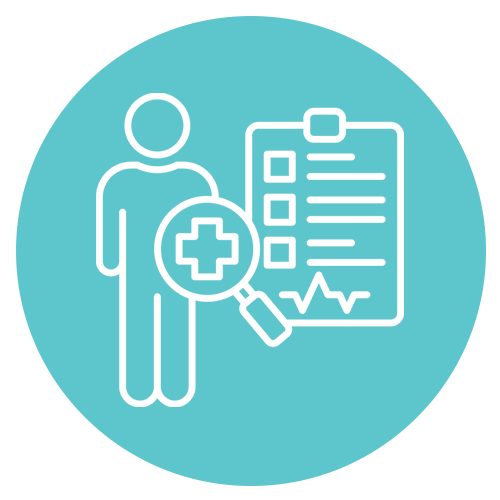
Postpartum depression is a serious, often misunderstood condition that can affect a new mother’s ability to bond with her baby or care for herself. Addressing it early is crucial for well being of the entire family.

Grief after miscarriage, still birth, or loss of a child is a silent heartbreak that many women carry alone. Compassionate counselling can offer a safe space to process the pain, find meaning after loss, and begin to heal.

Infertility, ectopic pregnancies, or being married to an infertile partner can leave you feeling isolated, ashamed or emotionally overwhelmed. Counselling can create a space for their grief, rage and longing.

The hormonal shifts in perimenopause /menopause can deeply impact mood, sleep and emotional well-being. Mental health support during this phase is essential for helping women feel grounded, resilient and seen.

Whether you are preparing to build a family, navigating the emotional weight of infertility, adjusting to changes of childbirth or facing the shifts of perimenopause- couple’s therapy offers a safe space to grow through change- not apart from it.
Let’s Prioritise Your Mental Wellbeing Today
Your emotional health is just as important as your physical health.
Take the first step toward feeling better with care that listens, supports, and empowers.
Mental Health Support That Evolves With You
We offer flexible, responsive care designed for progress, not pressure.
Initial Discovery Call
Start with a safe, open conversation about what you’re experiencing and what support you need.
Personalised Assessment & Plan
We combine your self-reported concerns, clinical screening, and relevant diagnostics to build a care plan that works for you.
Ongoing Check-ins & Adjustments
We track your progress, review outcomes, and adapt your support as your needs and goals shift.
Mental Health Support: Questions We Often Hear
Whether this is your first time seeking support or you’ve tried it before, here’s what you should know.
How do I know if I need mental health support?
If you feel emotionally drained, anxious, numb, or unlike yourself for more than a few weeks, it’s a sign to seek support. You don’t need to wait for a crisis; early care can make a big difference.
Can I book a session even if I don’t have a formal diagnosis?
Absolutely. You don’t need a diagnosis to start care. We begin with a conversation to understand what you’re feeling and recommend next steps that meet you where you are.
Will therapy help a person with reproductive or hormonal health concerns?
Indeed. Whether it’s lowering your stress levels, exploring your options, or envisioning what’s possible, therapy can support you as you navigate unknown waters.
Is it normal to feel low after childbirth?
Yes. Many women experience emotional shifts after birth. But if sadness, irritability, or disconnection persist, it may be postpartum depression. Early intervention can support both you and your baby’s well-being.
Can hormonal changes really affect my mental health?
Absolutely. Hormonal shifts during periods, pregnancy, perimenopause, and menopause can deeply affect mood, sleep, and anxiety levels. At Paloma Care, we understand this connection and address it in your care plan.
I’ve had a miscarriage and feel emotionally stuck. Can therapy help?
Yes. Grief after miscarriage or loss is real and valid. Counselling offers a safe, compassionate space to process that pain and begin to heal in your own time.
What types of therapy do you offer?
We offer one-on-one counselling, couples therapy, fertility support, and grief counselling. Your care plan may also include coordination with nutritionists or medical doctors if relevant.
Will therapy be confidential and non-judgmental?
Completely. Your emotional safety is our priority. Our therapists create a safe, inclusive space where you can speak freely without fear of judgment.
Can I continue therapy if I’m already on medication?
Yes. Many women benefit from therapy alongside medication. We collaborate with your existing care providers or help you find the right balance if needed.
How do I start my mental health journey with Paloma Care?
During our first conversation, we’ll discuss what you’re facing and guide you toward the right support. No pressure, just honest help.
You Deserve to Feel Steady, Seen, and Supported
Mental health is health. Don’t wait for things to get worse.
Take the first step toward feeling like yourself again.

